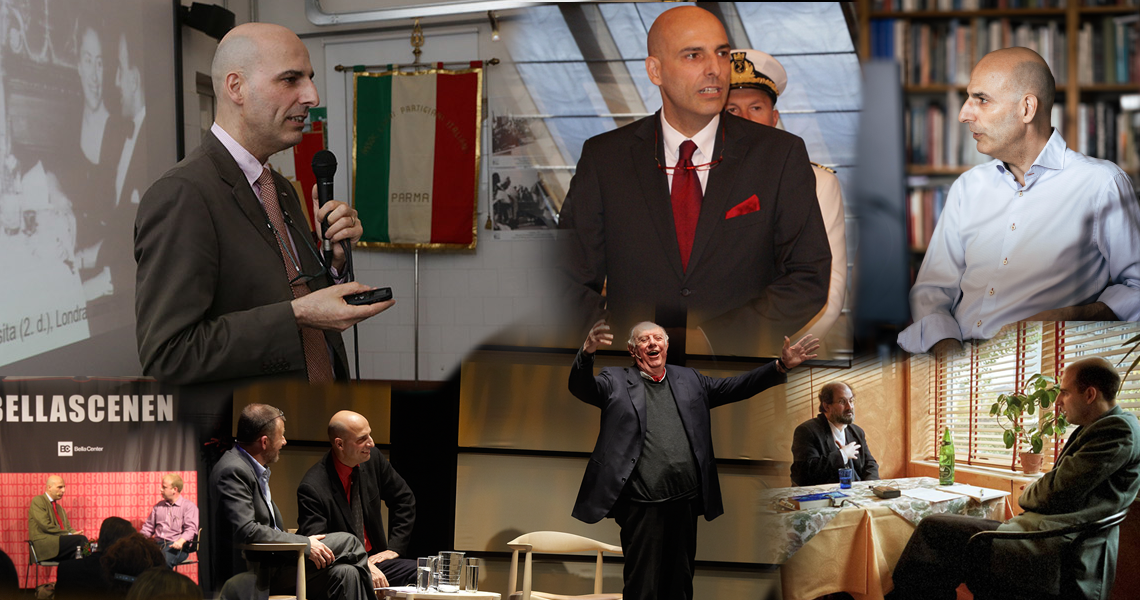(This text was written approximately a year after the European Parliament introduced RSI/NCRSI as an emergency measure. Unfortunately, the use of NCRSI has sine been discontinued.)
After a year of working actively with Remote Simultaneous Interpretation, my conclusion is that it's an extremely well-functioning tool. I hope it will remain in permanent – and increased – use even after the end of the COVID emergency.
I have no experience of “acoustic shock” or any physical or mental problems as consequences of RSI.
Working in one’s home environment is very stress-reducing. RSI improves the work/life balance.
RSI reduces stress and fatigue by eliminating travel and local transport and the need to spend non-working hours away from home.
If handled properly, platforms like Interactio, Teletech, Interprefy etc. offer excellent sound and image quality. A good interpretation platform gives me as close and clear a view of the speaker, and of videos and other presentations etc. as I can get from a booth (often much better).
There is no loss of quality. Working in a familiar environment under one’s own control without having to worry about travel arrangements etc., and without being distracted by what goes on in the booth or around it, makes it easy to concentrate and focus on one’s work.
Speakers who don’t have the proper equipment or can’t be bothered to use it are a problem pertaining to remote participation, not remote interpretation.
There are obvious (public and private) health advantages in avoiding public transport, airports, hotels etc., etc. Not only during a pandemic, but in general.
Avoiding air travel, contributes to the reduction of CO2 emissions.
#conferenceinterpretation #RSI #NCRSI #interpretation #int #Europeanparliament #SCIC #aiic #telework #remoteinterpretation #konferencetolkning #fjerntolkning #distancearbejde


